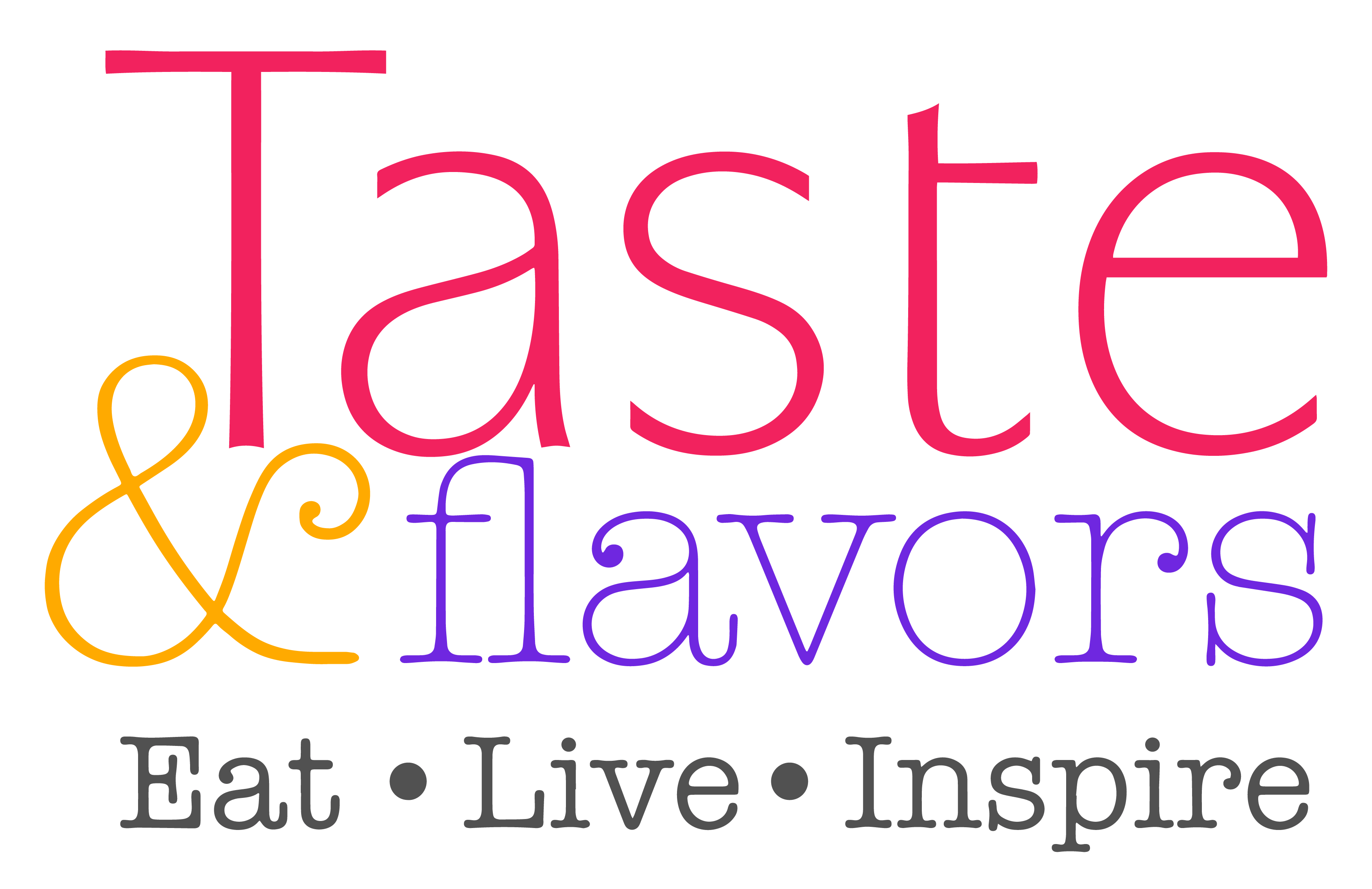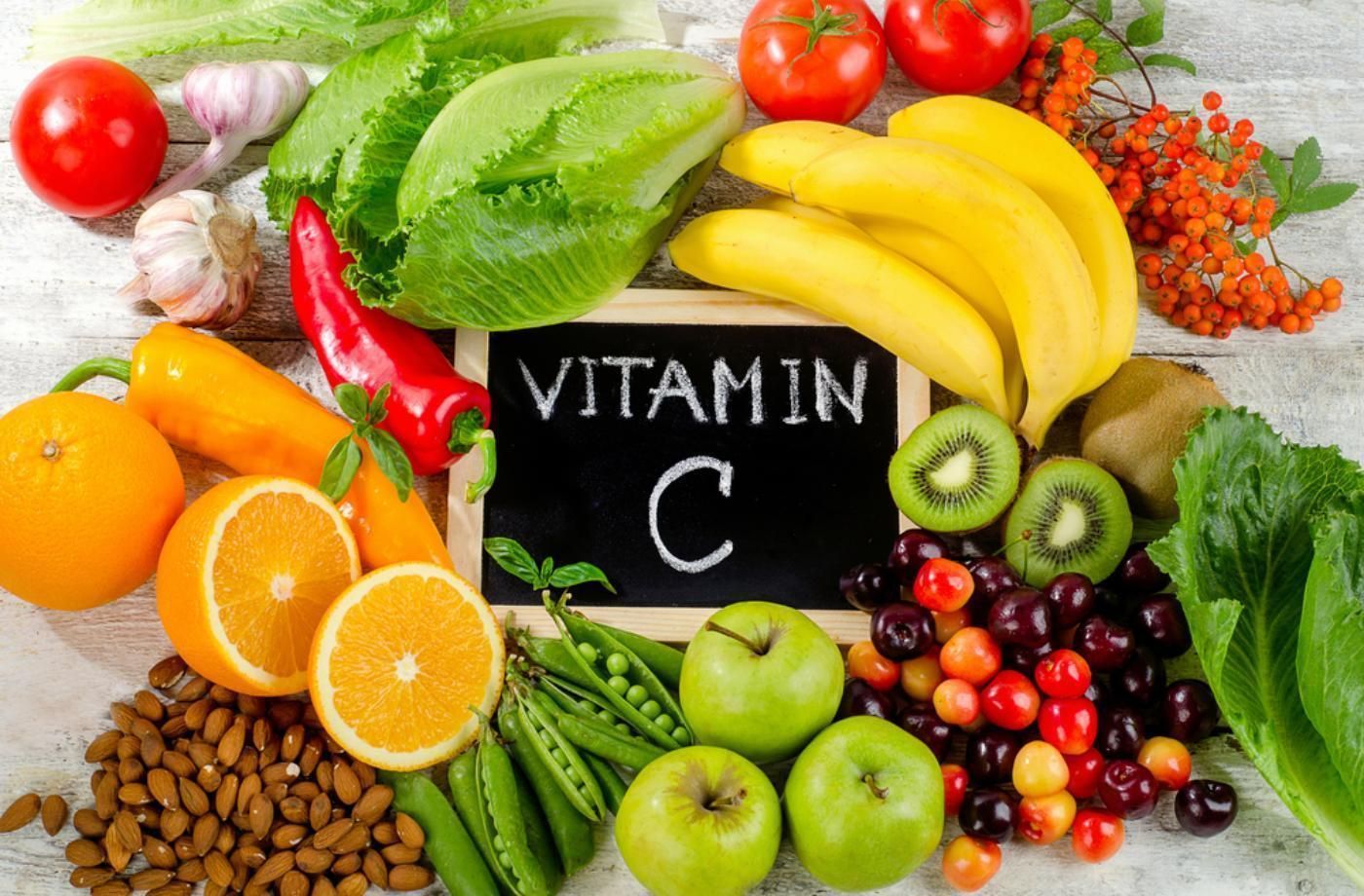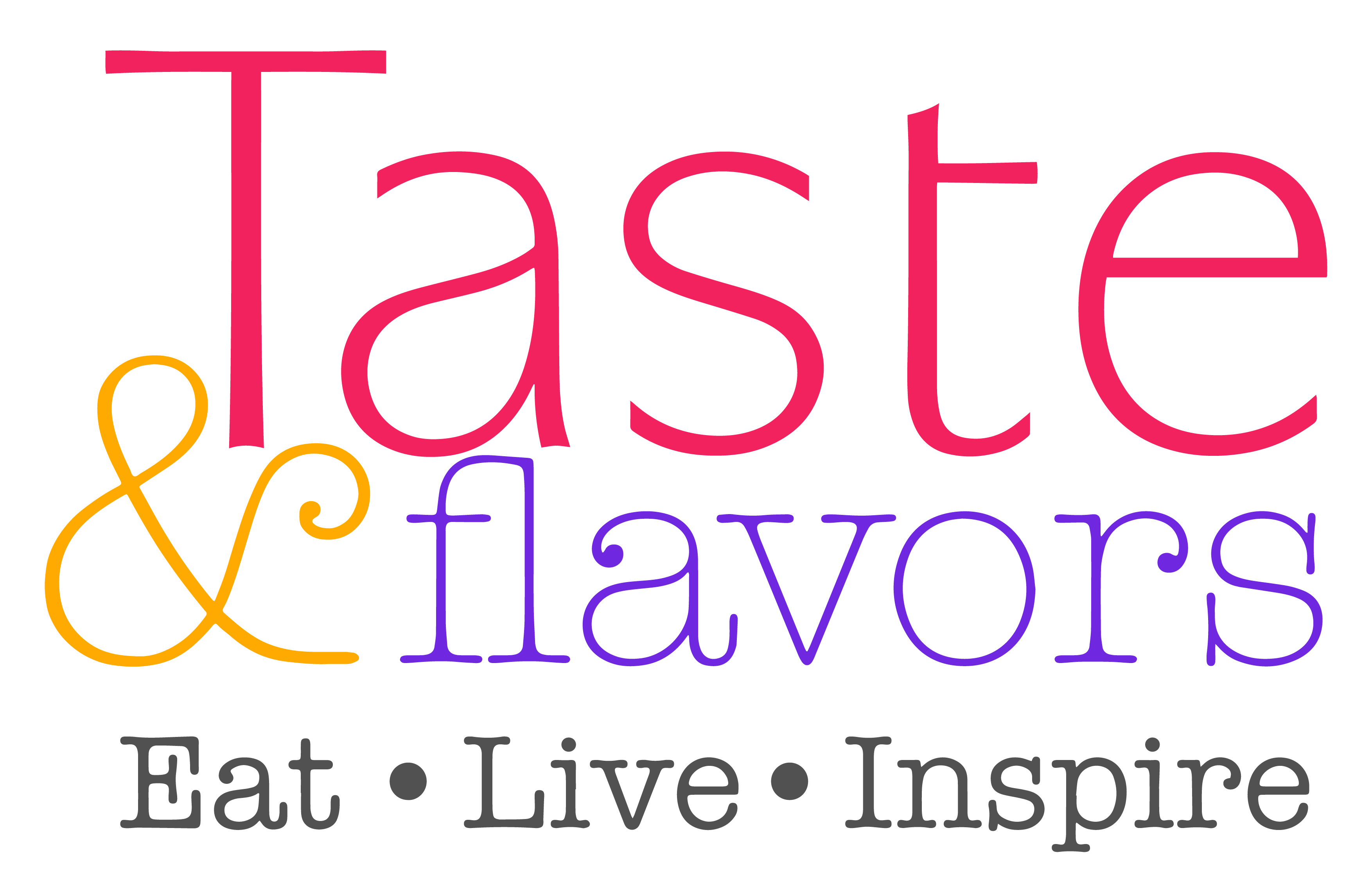Some nutrients play key roles in maintaining the integrity and function of the immune system, presenting synergistic actions in steps determinant for the immune response. Among these elements, zinc and vitamins C and D stand out for having immunomodulatory functions and for playing roles in preserving physical tissue barriers. Considering the COVID-19 pandemic, nutrients that can optimize the immune system to prevent or lower the risk of severe progression and prognosis of this viral infection become relevant.
WHY DO WE NEED VITAMIN C
It has been linked to many impressive health benefits, such as boosting antioxidant levels, lowering blood pressure, protecting against certain diseases, including cancer, improving iron absorption, boosting immunity, reducing heart disease and dementia risk. It’s also vital for collagen synthesis, connective tissue, bones, teeth and your small blood vessels.
The human body cannot produce or store vitamin C. Therefore, it’s essential to consume it regularly in sufficient amounts.
NATURAL SOURCES OF VITAMIN C
Very little vitamin C can be stored in the body, so it needs to be consumed each day. Typically, adults require 40-100mg of vitamin C each day, though up to 1000mg a day is unlikely to cause any problems. Certain foods have been found to be particularly good sources of vitamin C, such as vegetables and citrus fruit.
TOP 10 FOODS HIGHEST IN VITAMIN C
- Kiwifruit
- Citrus fruit, such as oranges and orange juice
- Peppers
- Strawberries
- Broccoli
- Brussels sprouts
- Potatoes
- Tomatoes
- Snow Peas
- Kale
VITAMIN C DEFICIENCY
Initial symptoms are often fatigue, skin problems, decreased resistance to and recovery from bugs and infections and sore joints. After as little as a month on a vitamin C free diet, symptoms of scurvy can develop, such as brown spots on the skin, particularly legs, soft, swollen and bleeding gums and bleeding from the mucous membranes.
Vitamin C deficiency is easily treated, and resuming an adequate level of vitamin C in the diet will quickly resolve the symptoms.
TOO MUCH VITAMIN C
If taking an excess about of vitamin C, such as 1000mg daily, this may begin to irritate the digestive tract, and you may experience symptoms such as stomach pain, diarrhea and excess wind. Some people may also experience headaches. In general, however, the body excretes what it does not use, so instances of overdosing on vitamin C are rare. Restoring an adequate level of this vitamin into the diet should quickly reverse symptoms. Adults aged 19 to 64 need 40mg of vitamin C a day. You should be able to get all the vitamin C you need from your daily diet. Vitamin C cannot be stored in the body, so you need to have a varied and balanced diet. Otherwise, vitamin C supplements are a great and simple way to boost your vitamin C intake if you struggle to get enough from your diet.
If you take vitamin C supplements, do not take too much as this could be harmful. Taking less than 1,000mg of vitamin C supplements a day is unlikely to cause any harm.
OTHER TIPS YOU MAY LIKE





